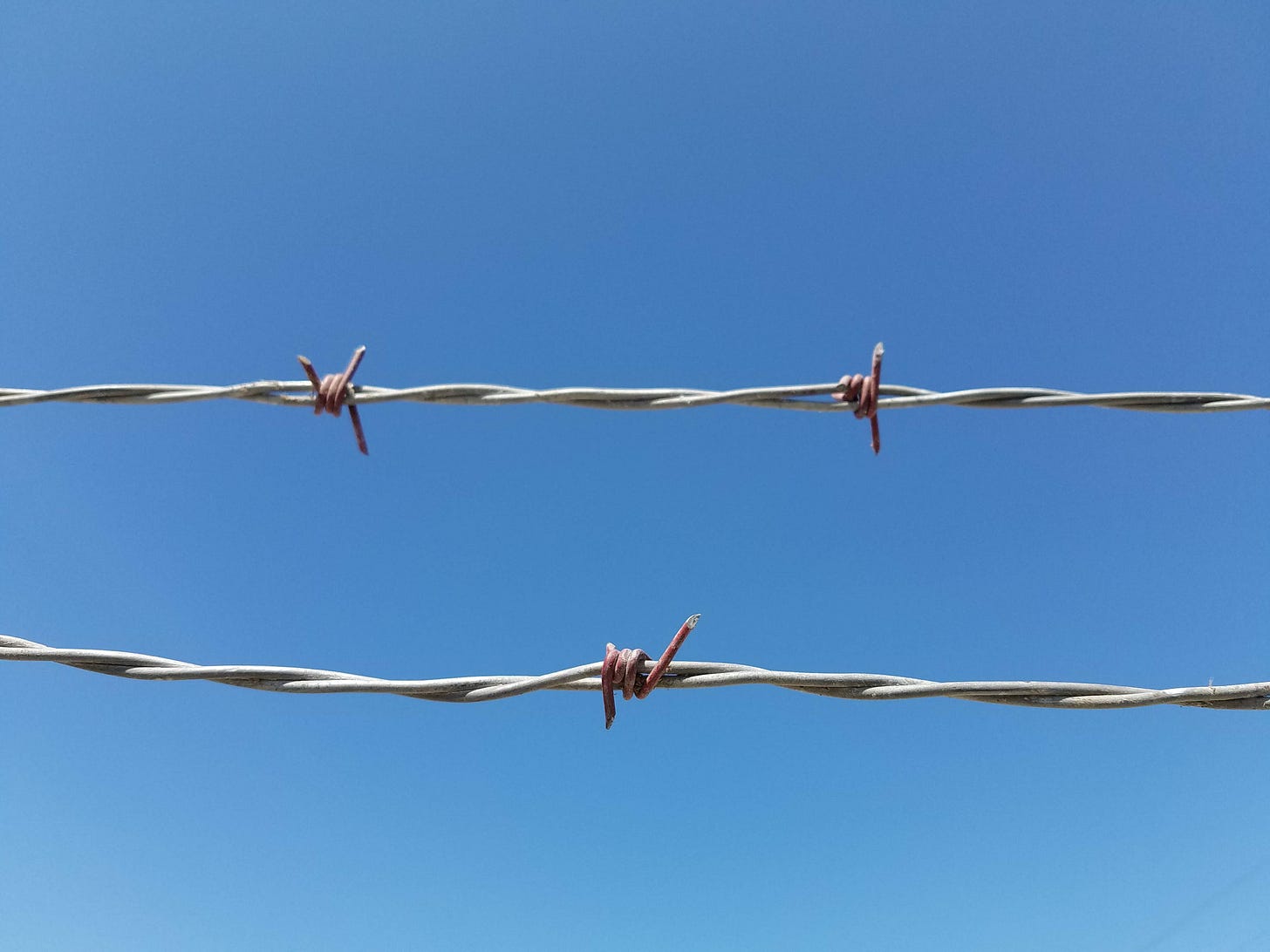The missing story
On Russian criminal drama, the State Department, and the maltreatment of Americans abroad
To mark the first anniversary of Russia's detention of reporter Evan Gershkovich, the Wall Street Journal published a special cover page, consisting mostly of blank space under the headline "His Story Should Be Here". It's a testament to the power of good design, and a statement about the awfulness of authoritarianism.
■ The use of arbitrary imprisonment is one of the sinister ways in which a bad government can impose its will on people: When the rules are ambiguous and the punishments severe, it's natural for rational people to begin to withhold from even approaching them. It's a method of keeping a domestic population subjugated, but it's also used to keep the truth from being reported abroad.
■ Gershkovich has the State Department working for his freedom, and the vocal support of his employer, one of the world's flagship newspapers. It's still an appalling situation, and another American has been held even longer. The attention the Wall Street Journal can devote is significant.
■ The Page One feature also stands out as a lesson in editorial judgment. Every decision to publish or not, to consult sources or not, or to place a story here or there in the running order of a publication or a broadcast, is an editorial decision. It's a choice. A journalistic outlet can always strive for fairness and for balance, but true impartiality is impossible: Whether reporters and editors find a subject worth covering, for how long, to what extent, and in what ways, all matter.
■ Unfortunately, the tools of digital publishing tend to flatten the coverage, leaving everything disordered, as coverage of all stories from vital local news to the latest rehashing of red-carpet highlights is flattened into an undifferentiated stream.
■ But some things still matter more than others, and indeed we hope they will receive different types of attention. "Let facts be submitted to a candid world", in the words of the Declaration of Independence.
■ The dreadful state of human rights in a country that could have been one of the world's great civilizations is high on that list. Russia could be contributing to the world's scientific knowledge, its technological progress, and its cultural growth. In its present form, it does little of that. And the mistreatment of a single American reporter, for now, stands as some of the most indisputable testimony to that failure.



